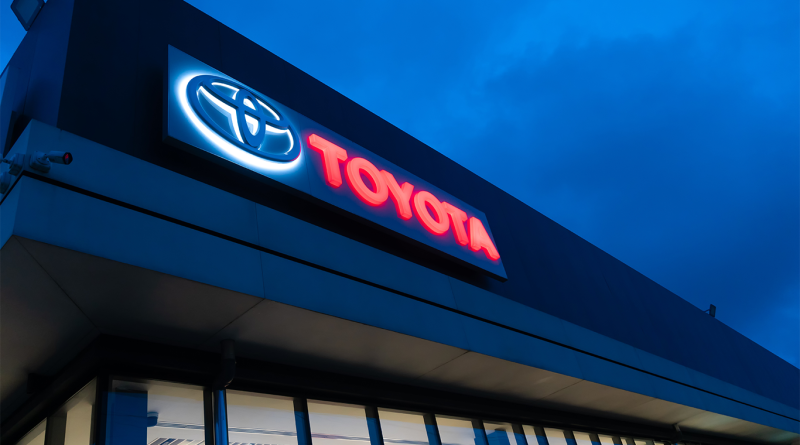SSAB and Toyota Lead Shift to Low-Carbon Manufacturing
Subscribe to our free newsletter today to keep up-to-date with the latest supply chain news.
A new partnership between SSAB, the Swedish steelmaker known for low-emission materials, and Toyota Material Handling Europe signals a significant step. The two companies have joined forces to incorporate SSAB Zero™ steel—produced with recycled content and fossil-free energy—into Toyota’s next-generation hand pallet trucks.
The collaboration is designed to significantly lower emissions embedded in equipment manufacturing. By using SSAB Zero™, Toyota will cut steel-related CO₂ emissions in its pallet trucks by up to 77% compared to traditional methods. It’s a move that could reset expectations across the sector.
The significance of fossil-free steel
At the center of this shift is SSAB Zero™, a steel made from recycled materials and processed using electricity and fuels that don’t rely on fossil sources. Traditional steel production, which depends on coal-fired blast furnaces, remains one of the largest industrial sources of greenhouse gas emissions worldwide.
SSAB Zero™ offers an alternative. Produced via electric arc furnaces powered by renewable energy, the steel is part of a broader push to decarbonize heavy industry. It also advances circular manufacturing by reintroducing scrap steel into the production cycle—a key consideration for companies with long-term emissions goals.
Toyota Material Handling Europe’s adoption of SSAB Zero™ steel aligns with its target to reach net-zero greenhouse gas emissions by fiscal year 2041. This shift integrates sustainability into product design from the outset, rather than retrofitting it later in the process.
Toyota’s commitment to sustainability is shaping its next-gen equipment
Toyota Material Handling Europe has made its climate commitments clear. Its goal to eliminate greenhouse gas emissions across its value chain by 2041 requires both operational and supply chain transformation.
The company’s integration of SSAB Zero™ into its BT Lifter LHM230 pallet truck represents a first step. The model, widely used across logistics networks, will see a 33% reduction in total carbon emissions, with a 77% drop linked directly to the steel components.
Environmental performance is now a factor at every stage of development, from sourcing to assembly. The Mjölby facility in Sweden, which produces the trucks, already runs on 100% renewable electricity. Pairing this with low-emission steel further reduces the plant’s impact.
These efforts position Toyota Material Handling Europe as a leader in sustainable manufacturing at a time when the market is recalibrating its expectations.
The wider material handling industry faces increasing demands to reduce emissions. Manufacturers are navigating new regulatory frameworks, growing customer scrutiny, and rising internal targets tied to ESG performance.
The Toyota–SSAB partnership is more than a product update—it’s a signal. While many manufacturers still depend on legacy steel and traditional sourcing, Toyota’s adoption of SSAB Zero™ demonstrates that low-emission options are commercially viable for high-volume production.
Sources:
